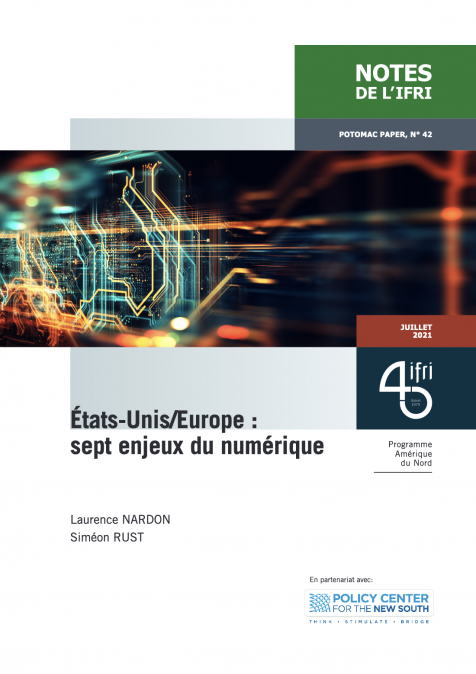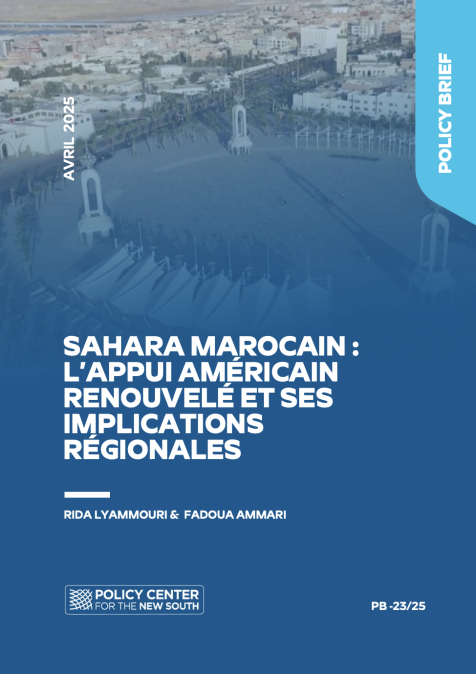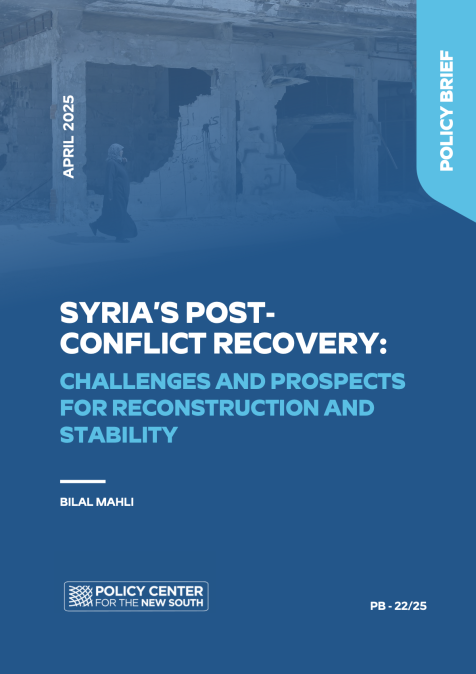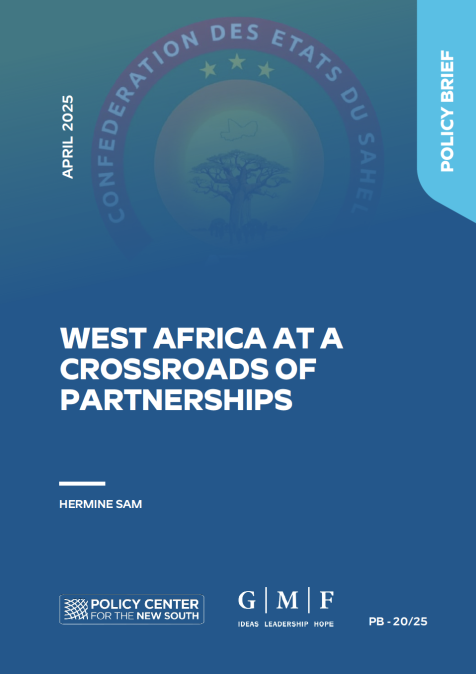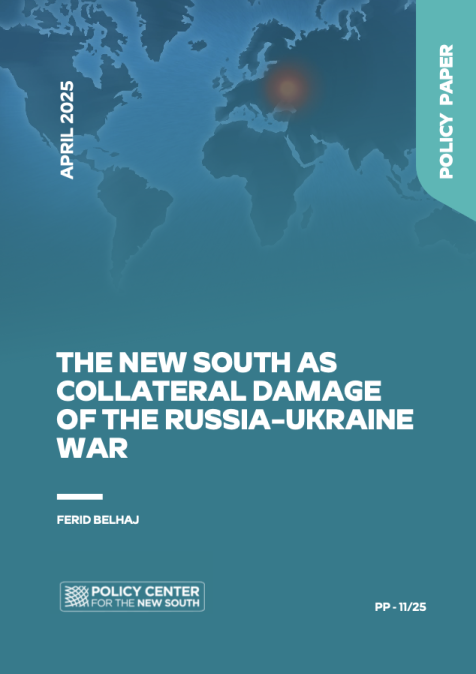Publications /
Policy Paper
Alors que les relations transatlantiques connaissent une nouvelle dynamique grâce à l’arrivée au pouvoir du président Biden, d’importantes avancées sont attendues sur nombre de questions liées au numérique. Ces évolutions comprennent d’une part l’établissement de règles plus équitables pour les acteurs économiques et de lois garantissant le respect des libertés individuelles, et d’autre part la relance d’investissements pour l’innovation technologique assortie de diverses réorganisations industrielles. La présente note propose d’éclairer sept enjeux particulièrement centraux et actuels de nos sociétés à l’ère numérique. On voit d’abord converger l’Union européenne (UE), l’administration Biden et plus largement la communauté internationale pour tâcher de réguler les pratiques d’optimisation fiscale et les positions monopolistiques des GAFAM (Google, Amazon, Facebook, Apple et Microsoft). L’élan semble donné, même si le gouvernement américain ne souhaite pas pour autant entraver la puissance de ses géants nationaux. La rivalité technologique sino-américaine dessine un second mouvement, qui voit l’équipe Biden prendre la suite de l’administration Trump pour tâcher d’entraver les efforts chinois en termes de technologie 5G et de développement des semiconducteurs. Les sanctions américaines contre la Chine peuvent avoir des effets indirects bénéfiques pour les acteurs européens de ces filières et l’UE n’a pas dit son dernier mot en termes de puissance industrielle. Enfin, ces nouvelles technologies posent de nombreux défis éthiques qui mettent à mal les valeurs démocratiques sur lesquelles reposent les sociétés occidentales. Du fait des régulations qu’ils ont déjà mises en place ou qu’ils développent actuellement, les Européens sont en bonne position pour s’imposer comme référence en matière de protection des données privées, de développement d’une intelligence artificielle (IA) éthique et de régulation des contenus en ligne.

